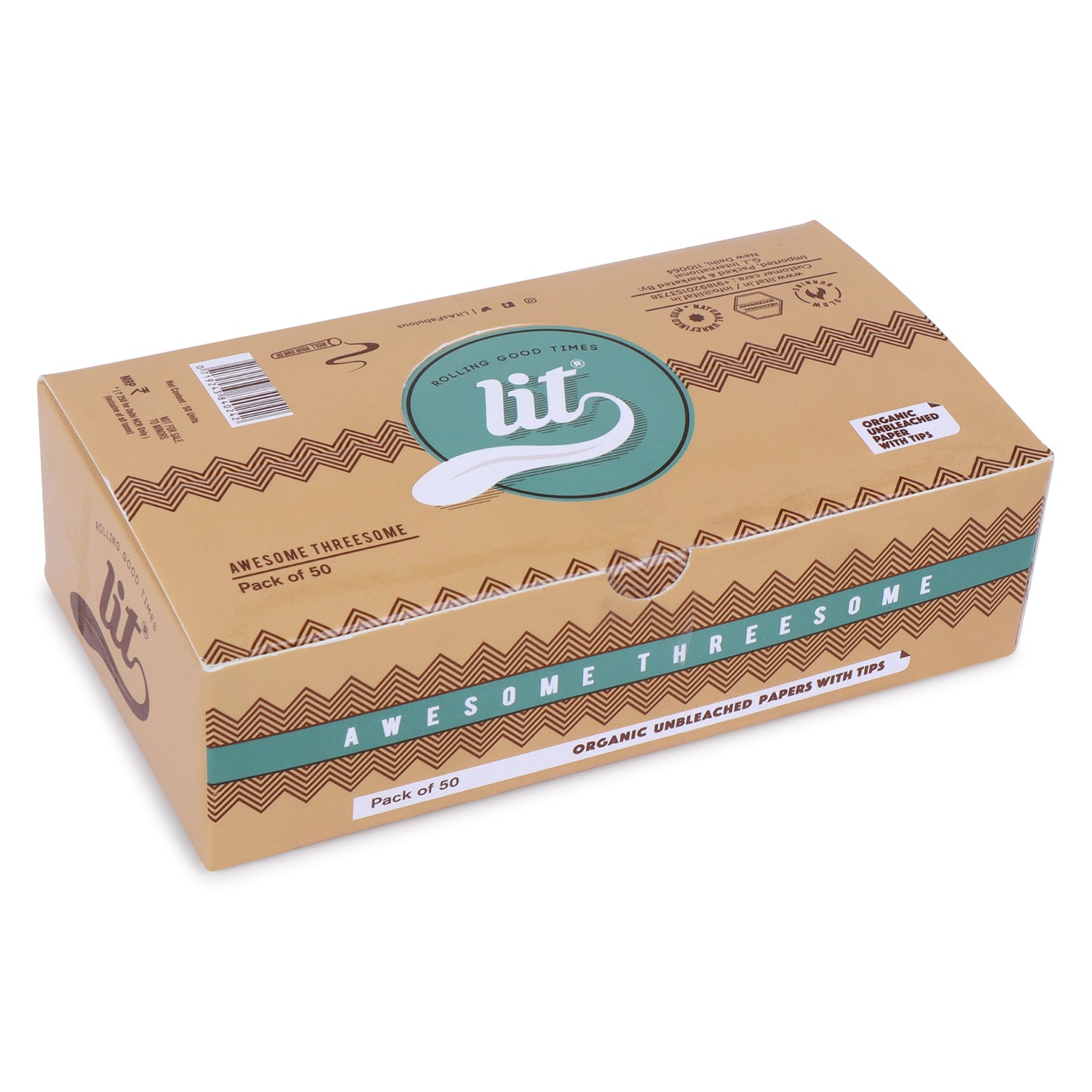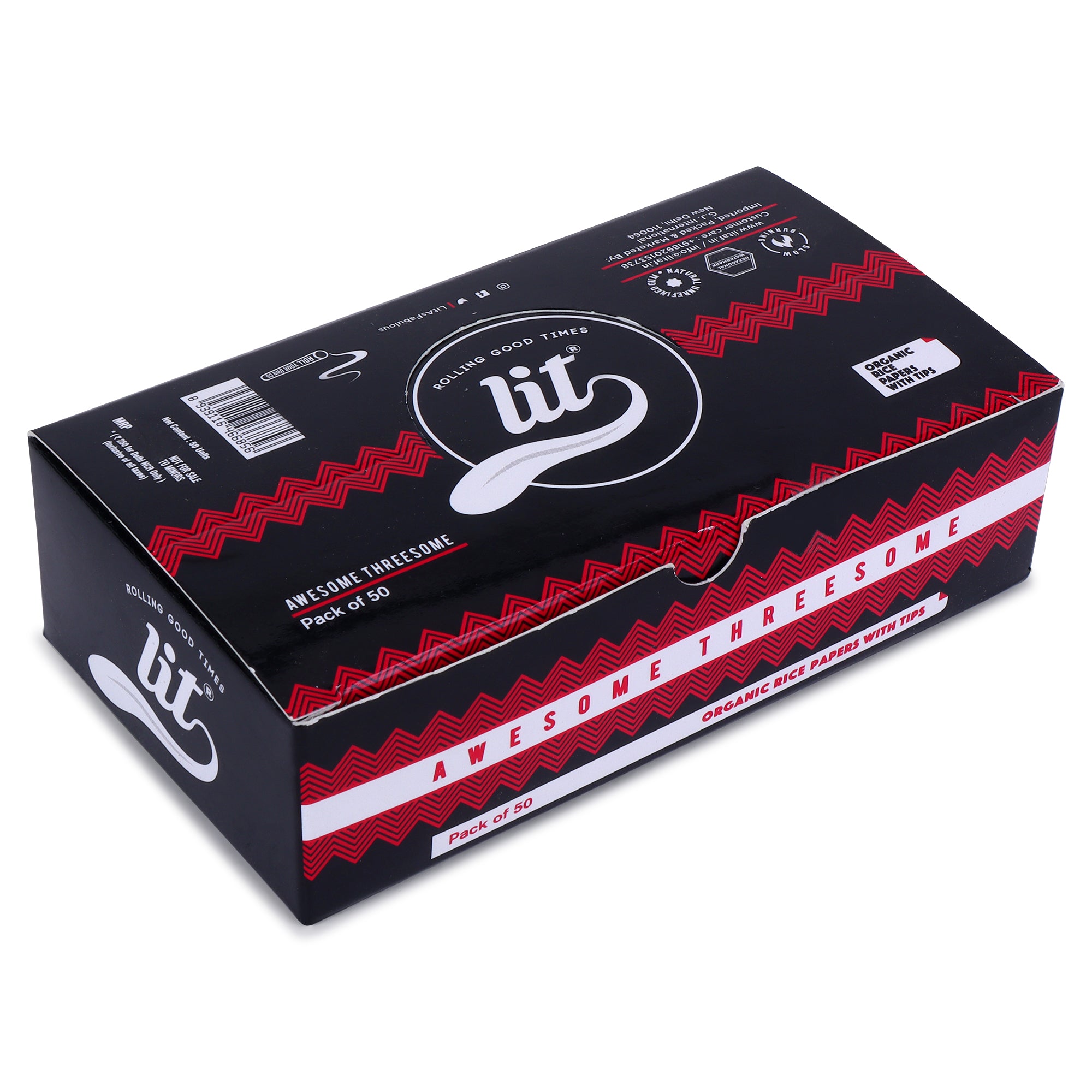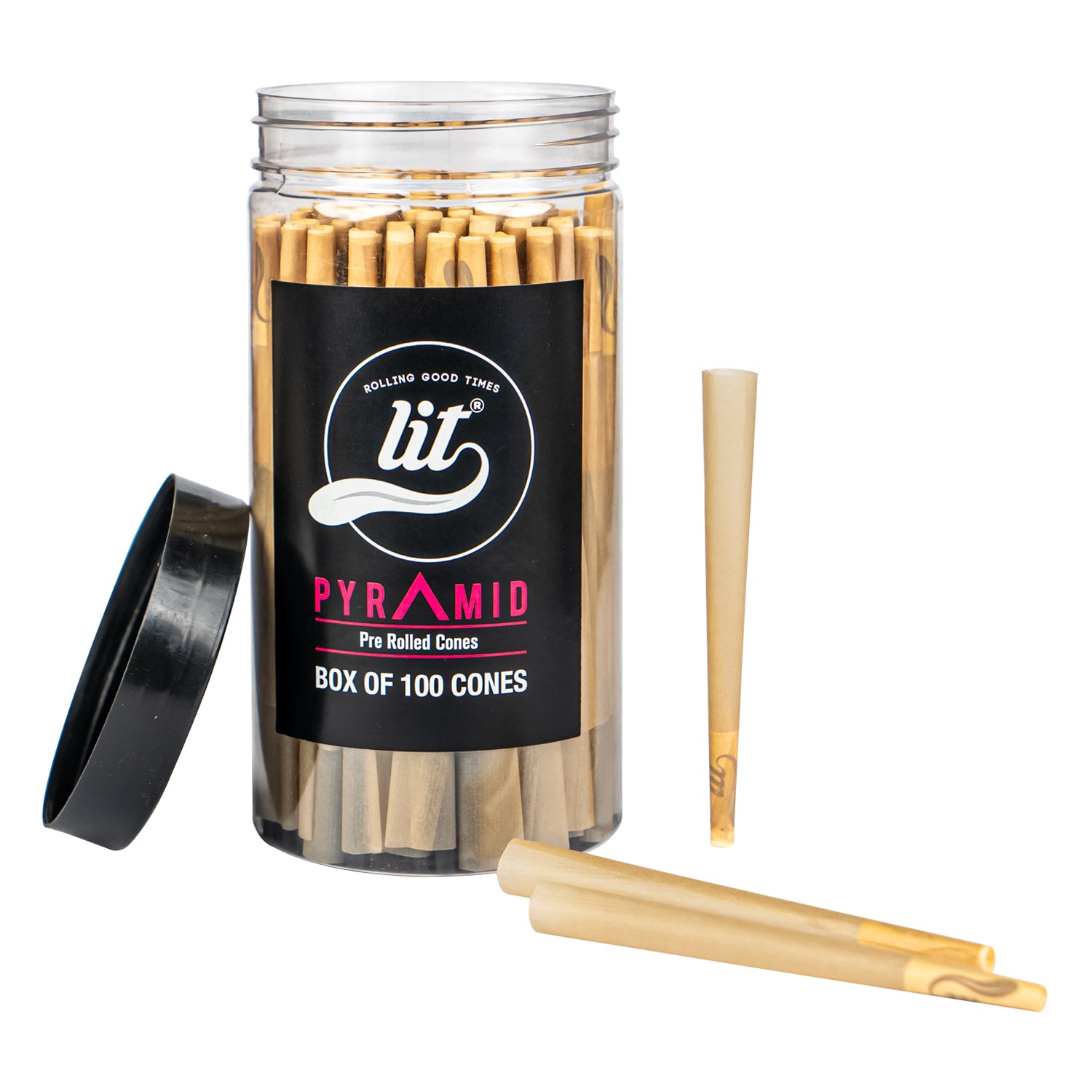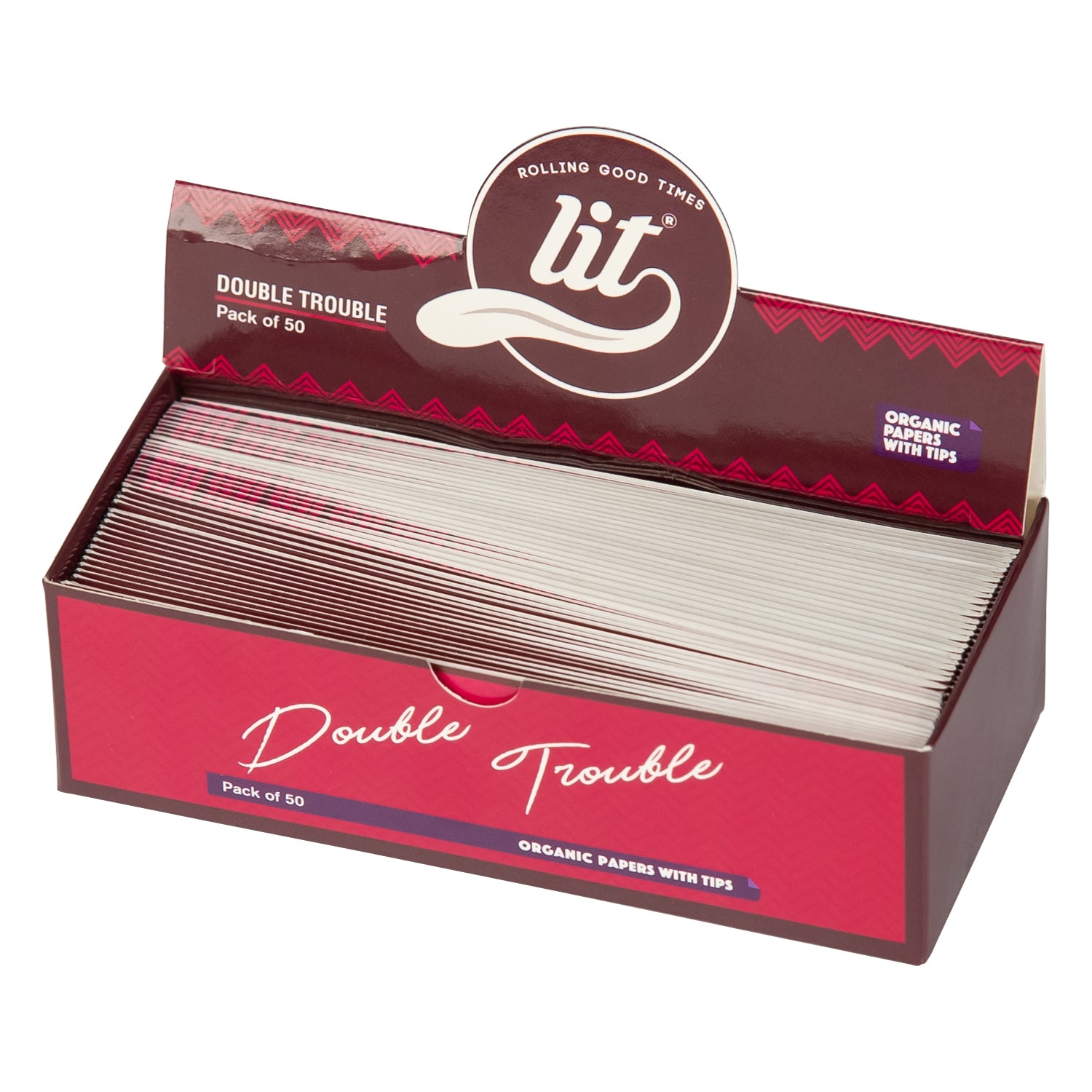As the global demand for organic products continues to rise, the tobacco industry is no exception. Organic tobacco is gaining traction among consumers who are more health-conscious and environmentally aware. But what exactly is organic tobacco, and how does it differ from conventional tobacco? In this blog, we’ll explore the definition, benefits, and distinctions of organic tobacco, providing a comprehensive understanding of this evolving market.
What Is Organic Tobacco?
Organic tobacco is grown without the use of synthetic pesticides, herbicides, or fertilizers. Instead, it relies on natural farming practices that promote soil health and biodiversity. This cultivation method adheres to strict organic farming regulations, ensuring that the tobacco plants are free from harmful chemicals. Organic tobacco is typically cultivated in soil that has been enriched through organic compost and crop rotation, creating a more sustainable agricultural system.
The Benefits of Organic Tobacco
1. Healthier for Consumers
One of the most significant benefits of organic tobacco is its potential for reduced chemical exposure. Traditional tobacco farming often involves the use of harmful pesticides and chemicals that can remain on the leaves and be inhaled by consumers. Organic tobacco, by contrast, is free from these synthetic substances, making it a healthier option for those who choose to smoke or use tobacco products.
2. Environmental Sustainability
Organic tobacco farming promotes sustainable agricultural practices that are beneficial for the environment. By avoiding chemical inputs, organic farmers help protect local ecosystems, preserve biodiversity, and improve soil quality. This environmentally friendly approach not only supports the health of the land but also contributes to the well-being of surrounding communities.
3. Support for Local Farmers
Choosing organic tobacco often means supporting small-scale farmers who engage in ethical farming practices. Many organic tobacco growers operate on a smaller scale and prioritize fair labor practices, creating a positive impact on their local economies. By purchasing organic tobacco, consumers can help sustain these farmers' livelihoods and promote responsible agricultural practices.
4. Better Taste and Quality
Many consumers and experts argue that organic tobacco offers a superior taste compared to conventional tobacco. The natural growing methods and richer soil contribute to a more complex flavor profile. For enthusiasts and connoisseurs, this enhanced quality can make a significant difference in their smoking experience.
5. Reduced Chemical Runoff
Organic farming practices reduce the risk of chemical runoff into nearby water sources. This is particularly important in areas where tobacco is grown, as runoff from conventional farming can lead to water pollution and harm aquatic ecosystems. Organic practices help mitigate this issue, promoting cleaner water sources and healthier environments.
Differences Between Organic Tobacco and Conventional Tobacco
1. Farming Practices
The primary difference between organic and conventional tobacco lies in their farming practices. Conventional tobacco farmers often rely on synthetic fertilizers and pesticides to boost crop yields and combat pests. In contrast, organic farmers use natural methods, such as crop rotation, composting, and biological pest control, to maintain healthy plants without harmful chemicals.
2. Chemical Residues
Organic tobacco is less likely to contain harmful chemical residues. Conventional tobacco products may carry traces of pesticides and fertilizers used during cultivation, which can pose health risks to consumers. Organic tobacco, on the other hand, is certified to be free from these substances, ensuring a cleaner product.
3. Certification and Regulations
Organic tobacco must meet specific certification requirements set by regulatory bodies. These certifications ensure that the tobacco has been grown according to organic standards and without prohibited substances. Conventional tobacco does not require such certifications, which can lead to variations in quality and safety.
4. Cost and Availability
Organic tobacco can often be more expensive than conventional options due to the more labor-intensive farming practices and lower crop yields. This can make it less accessible to some consumers. However, the increasing demand for organic products is gradually making organic tobacco more widely available in the market.
The Future of Organic Tobacco
As awareness of health and environmental issues continues to grow, the organic tobacco market is poised for expansion. More consumers are seeking alternatives to conventional products, leading to increased interest in organic options. Tobacco companies are beginning to respond by investing in organic farming practices and creating organic product lines to meet this demand.
Moreover, ongoing research and development in sustainable agriculture are likely to improve the efficiency and yield of organic tobacco farming. As techniques advance, organic tobacco could become a more viable option for both farmers and consumers alike.
Organic tobacco represents a significant shift in the tobacco industry, aligning with broader trends towards sustainability and health consciousness. By understanding its benefits and differences from conventional tobacco, consumers can make informed choices about the products they use. Whether you’re an occasional user or a dedicated enthusiast, exploring organic tobacco offers an opportunity to support healthier lifestyles and environmentally friendly practices in the world of tobacco. As the industry evolves, embracing organic options can pave the way for a more sustainable future.








